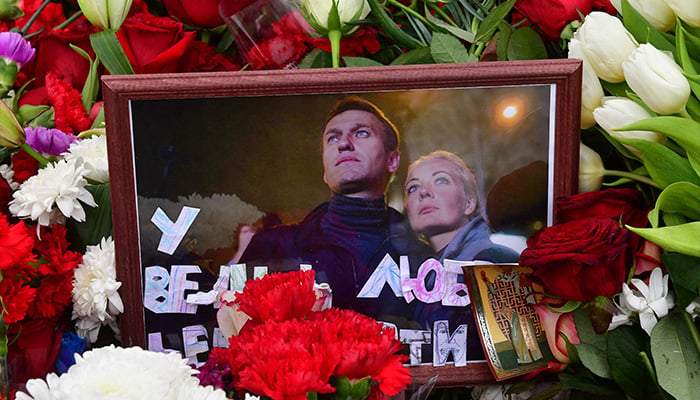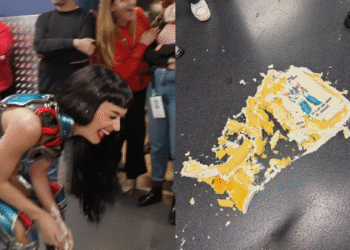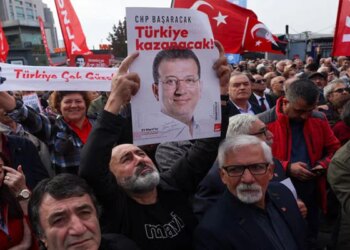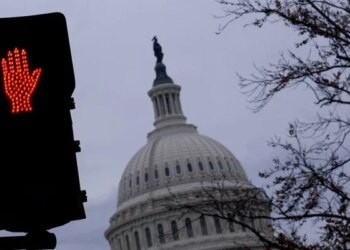Select Language:
The wife of Russian opposition leader Alexei Navalny announced Wednesday that laboratory tests of labeled biological samples smuggled out of prison confirmed he was poisoned, resulting in his death in an Arctic detention facility in February 2024.
Navalny, a prominent critic of President Vladimir Putin for years, died under suspicious circumstances while serving a 19-year sentence on charges widely believed to be retaliation for his activism. Known for rallying massive protests across Russia and exposing alleged corruption among Putin’s inner circle, he mobilized many supporters and became a symbol of opposition.
His allies insist he was deliberately murdered in prison, and the Russian government has never fully explained the cause of his death, merely stating he fell ill while walking in the prison yard on February 16, 2024.
Prior to his burial, Yulia Navalnaya, his widow, stated that his supporters had successfully obtained and transported his biological samples abroad. She claimed that lab analyses in two countries concluded Navalny was intentionally poisoned. She did not specify what type of samples were collected or disclose the analysis results but urged the labs to publicly share their findings and identify the poison believed to have been used.
Yulia also released unverified images purportedly showing Navalny’s prison cell after his body was taken, depicting a pool of vomit on the floor and testimonies from prison officials claiming he had been convulsing on the ground.
Navalny had previously been poisoned in 2020 with a nerve agent from the Novichok class while campaigning in Siberia. He was evacuated to Germany, where he spent months recovering. After returning to Russia in January 2021, he was convicted on various charges, including “extremism,” and imprisoned. Despite being incarcerated, he continued to speak out against Putin and oppose Russia’s invasion of Ukraine.
Russian officials said Navalny’s death was sudden and occurred after he fell ill while outside after lunch in his detention facility. Following his death, authorities delayed releasing his body to his family for several days, raising suspicions. Yulia has accused Putin of ordering her husband’s murder, a claim the Kremlin denies.
In the aftermath, the Kremlin intensified repression of Navalny’s allies and critics, adding his wife to a list of “terrorists and extremists” and sentencing his lawyers and journalists involved in his case to lengthy prison terms. Most of Navalny’s family and key supporters live abroad.
The Russian opposition struggle for relevance in exile has been hampered by internal disagreements and declining activities since Navalny’s death. Inside Russia, open criticism of Putin has become exceedingly rare, especially following the full-scale invasion of Ukraine in February 2022. The government has ramped up censorship, targeted dissenters, and effectively suppressed any critique of its policies.







